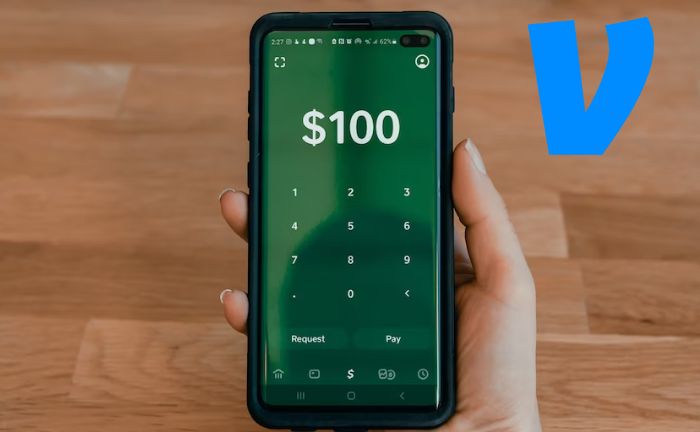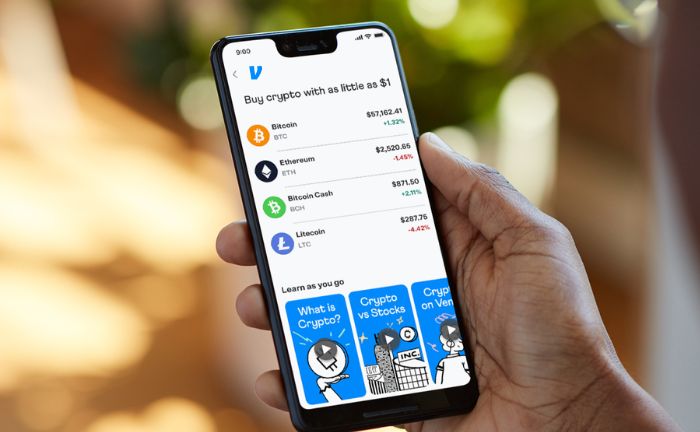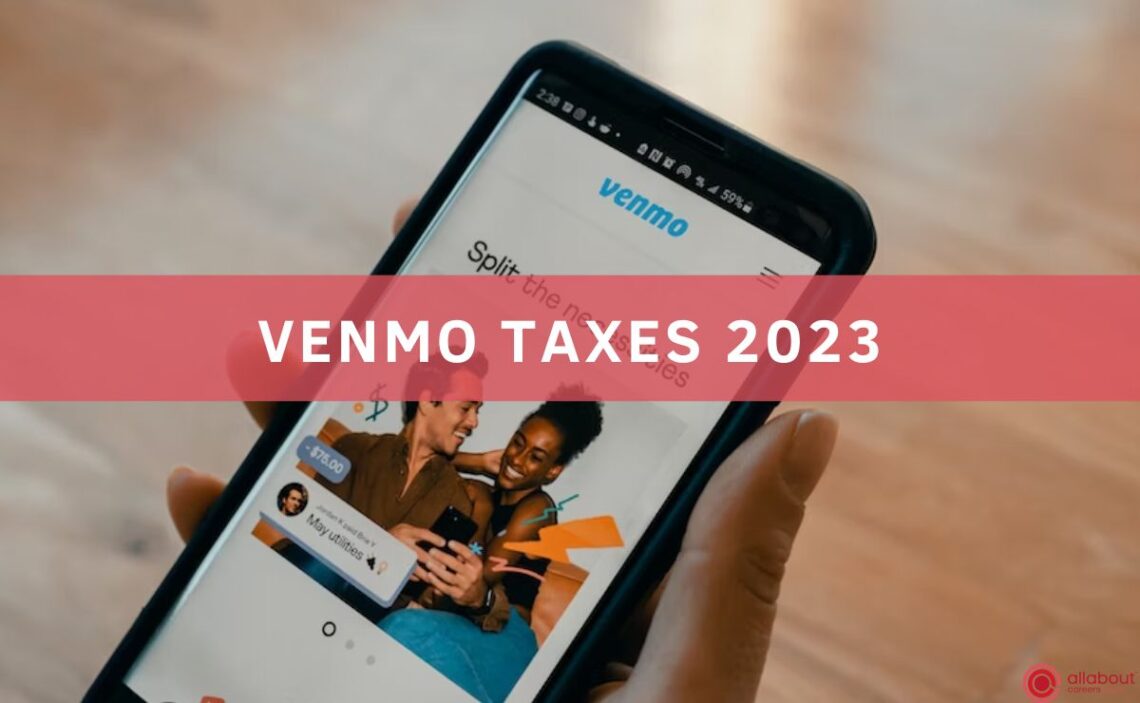Venmo, a widely-used money transfer and payment app, enables users to send and receive money from friends and family conveniently. However, many users may not realize Venmo must report substantial payments to the Internal Revenue Service (IRS).
Given the significant increase in transactions conducted through Venmo, users must comprehend how taxes apply to these transactions and how they might impact their tax responsibilities. This understanding is fundamental in light of Venmo’s new taxes laws in 2024 that introduce changes to tax reporting.
Why are Venmo payments reported to the IRS?
When a Venmo user accumulates over $600 a year, Venmo must submit a Form 1099-K to the IRS detailing the total payments received that year. Non-reporting income from large Venmo payments could lead to IRS penalties and interest for unpaid taxes.

As the IRS typically classifies most Venmo payments as taxable income, users must declare them on their tax returns and pay income taxes on the received amounts.
So, to ensure the precision of reported income, the IRS cross-references Venmo’s Form 1099-K filings and those from other payment apps with users’ income tax returns. These Third-Party Settlement Organizations (TPSOs) encompass other payment platforms like PayPal and Cash App.
Taxable Venmo Payments
To be clear, payments received through Venmo for the sale of goods and services are taxable. This includes, for example, if you sell items online and accept payments through Venmo or provide a service, such as tutoring or graphic design, and receive payment through Venmo.
This income is considered taxable income and must be reported to the IRS. However, personal payments, such as sharing the cost of a dinner or a gift from a friend, are generally not taxable.
Changes on Venmo Taxes 2024
Previously, in 2022, Venmo issued a Form 1099-K to users who received over $20,000 in payments from the sale of goods and services or conducted more than 200 transactions within a calendar year. However, this threshold could be as low as $600 in Maryland, Massachusetts, Vermont, and Virginia.
Starting in 2024, this policy changed. As we said before, now, all users must report their income if they exceed $600 in payments for goods and services. It’s important to note that this does not apply to transactions between friends and family.
If you accumulate $600 or more without providing your tax information, payment service providers must withhold 24% of those payments for the IRS.
Individuals meeting these criteria can anticipate receiving a Form 1099-K from payment platforms like Venmo. This change is mandated by law to enable the IRS to verify taxable income, which must be reported on the tax return.

Why does Venmo hold my payments?
Payment holds are a standard practice used by Venmo to protect buyers and sellers using their platform. Given the inherent financial risks linked with online transactions for goods and services, these holds serve as a safety net in case of disputes over eligible payments.
When a payment is placed on hold, sellers and businesses can expect the funds (after deducting any business transaction fee or seller transaction fee) to be available in their Venmo account within a maximum of 21 days. This holding period enables Venmo to authenticate the transaction and ensure the security of all parties involved.
NOTE: This procedure also streamlines issuing customer refunds to vendors and business owners when necessary.
Why my Venmo payment is being held?
Various factors could lead to your payment being held on Venmo. These include being a new seller or operating a new account, receiving a payment inconsistent with your typical selling pattern, having a period of account dormancy, offering a product or service that might result in customer dissatisfaction, or experiencing multiple customer complaints or refund requests.
Tips to avoid Venmo withholding tax
Backup withholding is a tax procedure where a part of your payments is directly remitted to the IRS to cover potential income tax liabilities. Therefore, it is essential to ensure everything is accurate to avoid this.
By following these tips, you can rest assured that you are doing your part to avoid the Venmo withholding tax. Here are some helpful tips to ensure that you are on the right track:
- Provide your correct Taxpayer Identification Number (TIN) in the Venmo app. This could be your Social Security Number (SSN) or Employer Identification Number (EIN). This is crucial as it allows Venmo to accurately report your income to the IRS.
- Ensure that all your personal information, including your full name and address, matches the information on your tax documents. This is important for verification purposes and helps avoid discrepancies that could lead to backup withholding.
- You must report all income earned on your tax return, including money received through Venmo. This helps the IRS cross-verify the information and ensures you comply with the tax laws.

FAQs
What happens if I don’t report my Venmo income to the IRS?
If you fail to report income earned through Venmo, or any other source, it can be considered illegal tax evasion. This could result in penalties such as fines or, in severe cases, imprisonment.
What if I don’t have a tax I.D.?
Venmo must withhold 24% of each payment you receive for goods and services if you don’t supply your tax I.D. This withheld amount is then sent to the IRS as backup withholding to cover any potential income tax you might owe.
Does Venmo send my money to IRS?
If you notice payments directed to the IRS from your Venmo account, don’t panic. These represent the backup withholding tax on the payments you’ve received.
References
- Services, Block Tax. “Do You Have to Pay Taxes on Venmo and Zelle Payments? – S.H. Block Tax Services.” S.H. Block Tax Services, S.H. Block Tax Services, 9 Aug. 2022, https://www.mdtaxattorney.com/resources/do-you-have-to-pay-taxes-on-venmo-and-zelle-payments/.
- “Venmo Taxes: How to Tell Whether You Owe Money – NerdWallet.” NerdWallet, http://www.facebook.com/NerdWallet, 6 Mar. 2024, https://www.nerdwallet.com/article/taxes/venmo-taxes.


